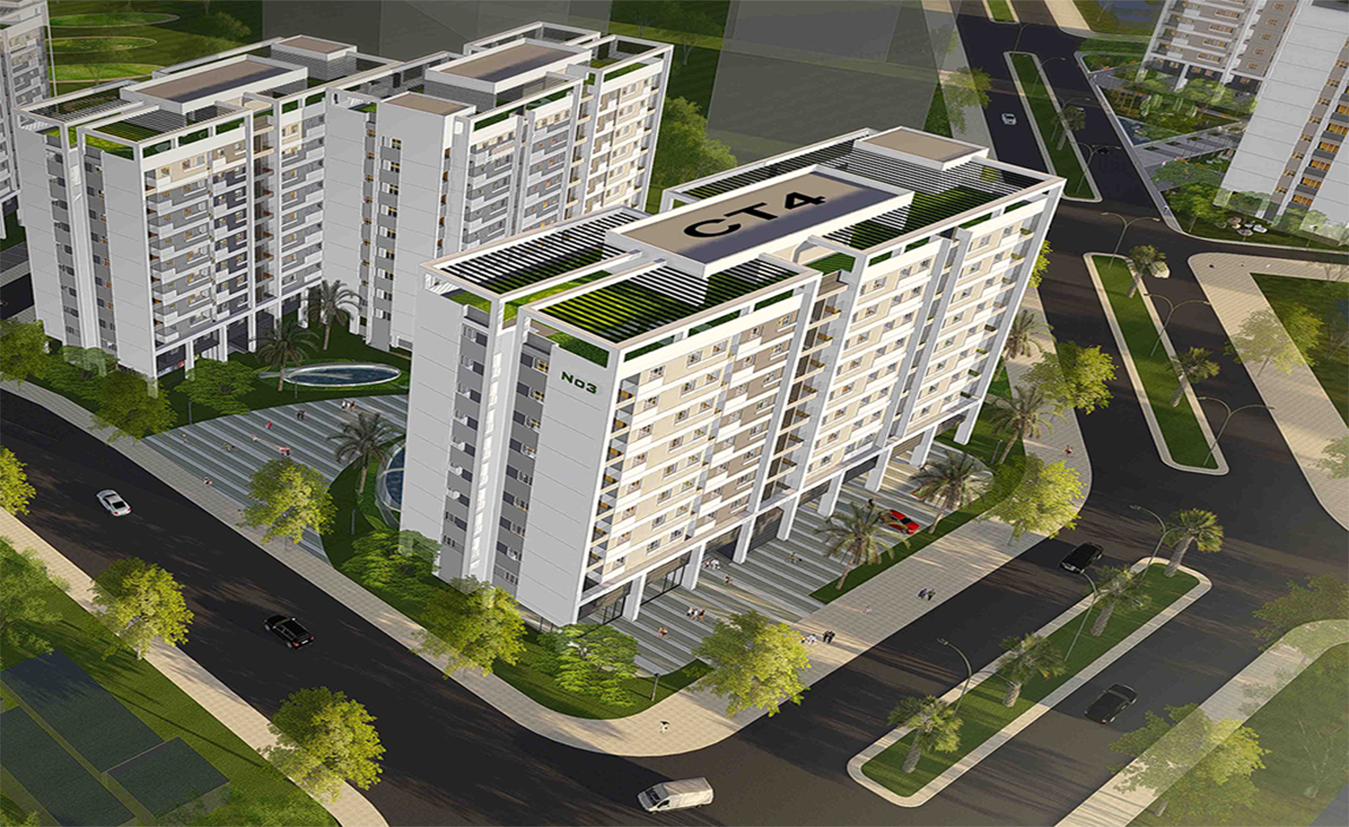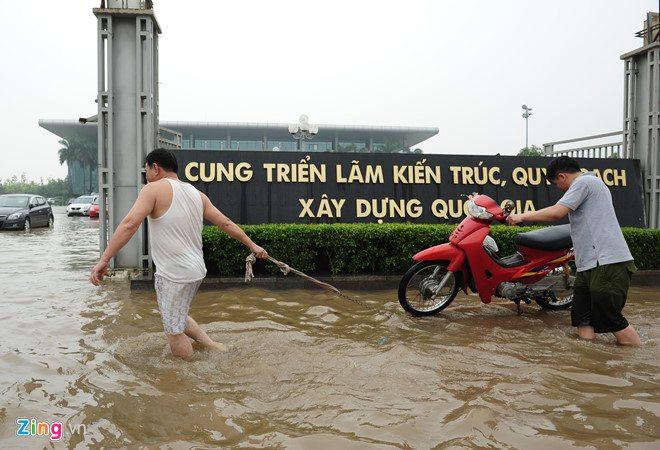Following regulations are new points mentioned in the Draft Law amending the Land Law in Vietnam, including transfer all land disputes to the court for resolution; allocate land with the same or different land use purposes when compensating for land; supplement land users who are foreign individuals, etc.
 FULL Draft Law Amending the Land Law in 2013 in Vietnam
FULL Draft Law Amending the Land Law in 2013 in Vietnam
Currently, the Ministry of Natural Resources and Environment of Vietnam is gathering opinions on the Draft Amendment to the Land Law with many notable new provisions. To help everyone understand more about these provisions, Lawnet provides a comparison between the provisions in the Draft and the current regulations as per the table below.
| No. | Direction of Regulations in the Draft | Current Regulations |
|---|---|---|
| 1 | Transfer all land disputes to the Court for resolution. | Article 203 of the 2013 Land Law stipulates that if there is a land dispute, it must first be mediated by the People's Committee at different levels. If the mediation fails, a lawsuit can be filed in court. |
| 2 | Compensation when land is recovered by allocating land with the same purpose or a different purpose but with equal value to the compensation for the recovered land. | Article 74 of the 2013 Land Law stipulates that compensation for land when the State recovers land is by allocating land with the same purpose as the recovered land or by monetary compensation according to land prices. |
| 3 | Add foreign individuals who are eligible to own houses in Vietnam and certify house ownership rights according to the Housing Law. | Article 5 of the 2013 Land Law does not stipulate that foreign individuals are eligible to own houses in Vietnam and certify house ownership rights according to the Housing Law. |
| 4 | Allow households and individuals who do not directly engage in agricultural production; economic organizations have the right to receive transfer, donation of rice cultivation land use rights. | Article 191 of the 2013 Land Law stipulates that economic organizations; households and individuals who do not directly engage in agricultural production are not allowed to receive transfer or donation of rice cultivation land use rights. |
| 5 | Remove the limit on receiving the transfer of agricultural land use rights or expand it by more than 10 times compared to the limit on allocating agricultural land to households and individuals. | Clause 1 of Article 130 of the 2013 Land Law stipulates that the limit on receiving the transfer of agricultural land use rights for households and individuals does not exceed 10 times the limit on allocating agricultural land to households and individuals. |
| 6 | Assign the authority to decide specific land prices to the district-level People's Committee in cases of land recovery, land allocation, or land lease for households and individuals. | Clause 3 of Article 114 of the 2013 Land Law stipulates that the provincial-level People's Committee decides specific land prices in cases of land allocation, land lease, and compensation calculation when the State recovers land. |
| 7 | Specify regulations on religious land, belief land, other agricultural land, and other non-agricultural land. | Religious land, belief land, other agricultural land, and other non-agricultural land have not been listed in Article 10 of the 2013 Land Law. |
| 8 | Amend, supplement the land use planning and plan system towards detailed planning and land-use planning down to the commune level; Add regional planning content. | Article 36 of the 2013 Land Law stipulates the system of planning and plans for the use of homestead land at different levels: national, provincial, district, defense land, security land. |
| 9 | Specify the handling mechanism for cases where investors cannot reach an agreement with land users to acquire, lease, or receive capital contribution using land use rights to implement production and business projects. | Clause 4 of Article 16 of Decree 43/2014/ND-CP stipulates that investors are allowed to negotiate the purchase of assets attached to the land of current land users, the State recovers the land, changes the land-use purpose, and leases the land to the investor to implement a project. However, it does not provide for handling cases where the two parties cannot reach an agreement. |
| 10 | Supplement specific cases of changing the purpose of rice cultivation land, special-use forest land, protection forest land, and production forest land that require approval from competent State authorities. | Clause 1 of Article 57 of the 2013 Land Law stipulates 7 cases of land-use purpose change requiring approval from the competent State authorities. |
 Article table of contents
Article table of contents





.Medium.png)
.Medium.png)
.Medium.png)
.Medium.png)
